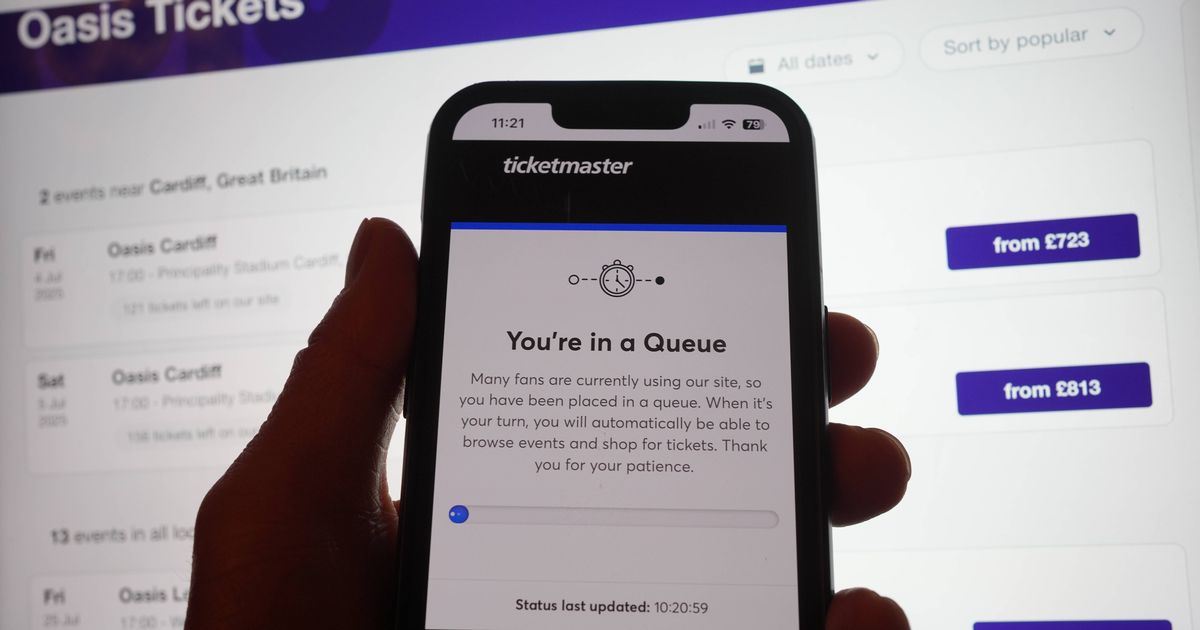Ticketmaster UK has been under scrutiny after fans expressed outrage over what they considered inflated ticket prices for events like the Oasis reunion tour. However, Andrew Parsons, the managing director of Ticketmaster UK, appeared before the Business and Trade Select Committee to defend the company's practices. He refuted claims of exploiting fans and emphasized that prices are determined in advance by event organizers and not through automated dynamic pricing systems.
Mr. Parsons stressed that Ticketmaster does not employ algorithms to adjust prices based on demand, contrary to the popular dynamic pricing model used by other industries. He maintained that the prices fans see during ticket sales are set by the event organizers in collaboration with various stakeholders, including the artist. Despite some instances where prices may appear to increase, Parsons clarified that these fluctuations are due to the availability of ticket tiers that have been predetermined.
The discussion at the parliamentary hearing also shed light on the investigations by the Competition and Markets Authority cCMAc into whether Ticketmaster's practices breached consumer protection laws, specifically regarding the sale of Oasis tickets. The probe aims to determine if dynamic pricing mechanisms were unfairly applied, catapulting ticket prices beyond what fans had anticipated.
Moreover, the debate extended to Live Nation, Ticketmaster's parent company, with concerns raised about its substantial market influence. However, Mr. Parsons emphasized that Ticketmaster and Live Nation operate independently in setting ticket prices and suggested that the UK ticketing market remains competitive despite Live Nation's significant presence.
During the session, the potential government intervention in the secondary ticketing market was also discussed. Culture Secretary Lisa Nandy had proposed measures to combat ticket touting, including a resale cap of up to 30%. The committee scrutinized the effectiveness of such a cap, with Mr. Parsons expressing concerns that even a 30% limit could still enable touts to capitalize on reselling tickets for profit.
Moreover, Mr. Parsons defended Ticketmaster's booking fees, stating that they are transparent and justified. He highlighted that the average fee equated to 11% of the ticket price, which he deemed reasonable compared to the value of services provided. He countered claims of hidden fees and emphasized that Ticketmaster discloses all charges upfront to ensure transparency for consumers.
Overall, the hearing provided insights into the complexities of ticket pricing in the live events industry, the role of technology in determining prices, and the regulatory challenges surrounding ticket resale. Despite the controversies surrounding specific events like the Oasis tour, Ticketmaster continues to navigate the evolving landscape of ticketing practices while striving to balance the interests of fans, artists, and event organizers.
As the discussion around ticket pricing dynamics and consumer protection laws evolves, stakeholders in the live events industry are closely monitoring developments to ensure fair practices and transparency in ticket sales. The ongoing scrutiny faced by Ticketmaster underscores the need for continuous dialogue and regulatory oversight to uphold fairness and integrity in the ticketing ecosystem.


